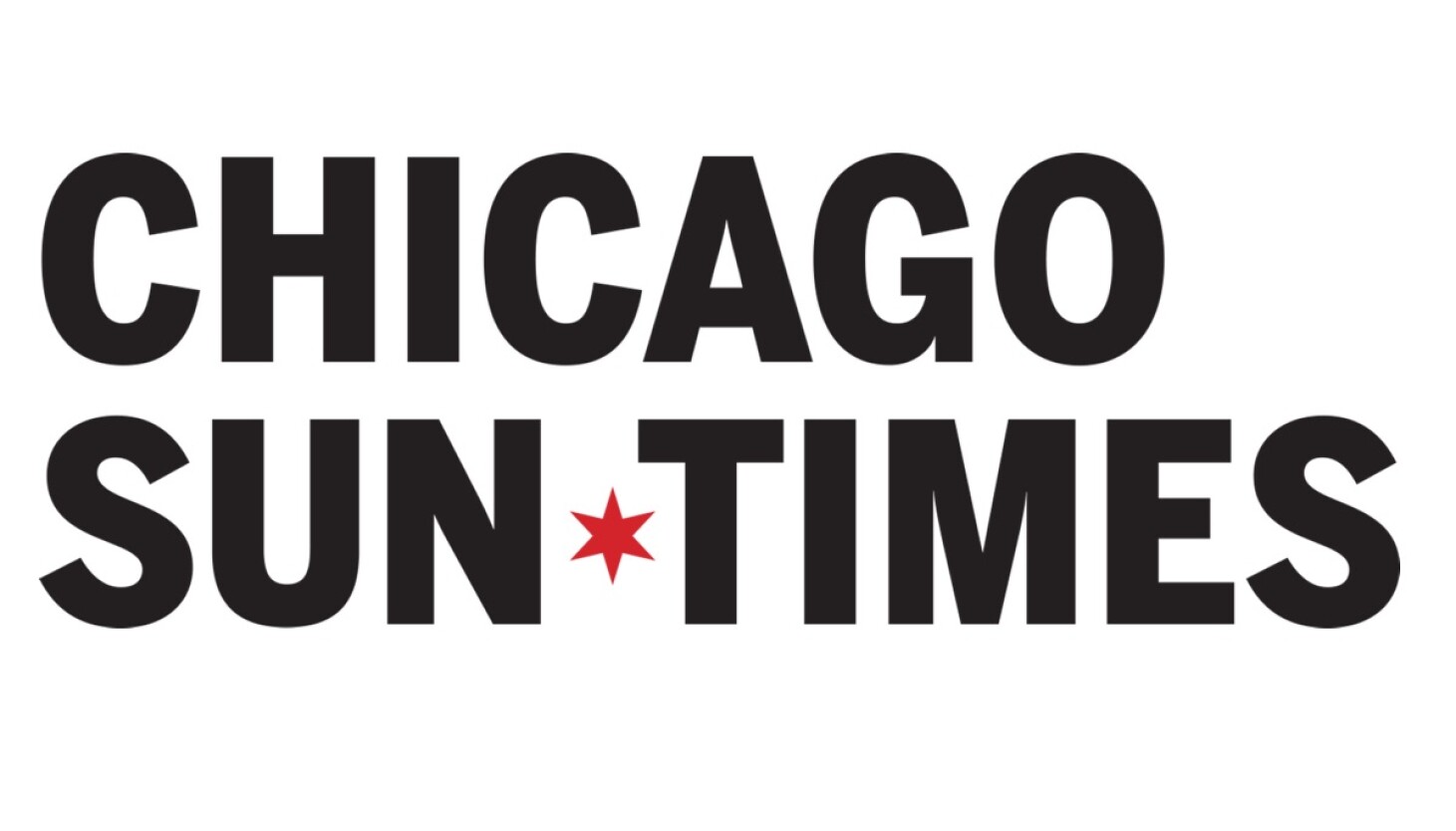French now say war maybe was a good idea
April 23, 2003
BY CHENE BLIGNAUT
PARIS--Natalie Lavarra is having second thoughts about her position on the Iraq war.
''I still think it was right of [French President Jacques] Chirac to say no to the war,'' says the Paris secretary. ''But when I saw how happy the Iraqis were . . . I had to ask myself whether we didn't perhaps make a mistake.''
This sentiment reflects a growing uneasiness in France about Chirac's fierce opposition to the American-led campaign. Until a week ago, finding anyone here who disagreed with the government on the war was as likely as discovering oil in Paris.
But since the symbolic fall of the statue of Saddam Hussein in Baghdad and scenes of cheering Iraqis, signs have emerged that the antiwar sentiment is softening.
''Chirac was wrong to say no to the war,'' says bartender Georges Chabat. ''The Iraqi people wanted to get rid of Saddam Hussein.''
''Since they saw the rapid fall of Saddam's empire, the French are asking themselves if they hadn't perhaps been wrong in making themselves irrelevant to the course of history,'' says Dominique Moisi of the French Institute of International Relations.
Until three weeks ago, 84 percent of the French were anti-war. Last week only 55 percent felt that way, according to the Sunday newspaper Le Journal du Dimanche.
Chirac's staunch resistance boosted his popularity to an all-time high. But despite still scoring 65 percent approval ratings in French polls, his role has changed from that of an international hero walking the moral high ground to what appears to be a sulking lone voice, fighting not to be excluded from sharing in the spoils of the war.
The result, says Alain Madelin, a Conservative politician who opposed France's war policy, is that Chirac has been presented as Saddam's best friend.
''The Iraqis feel today they had been liberated without--and even against--the will of France,'' he says.
April 23, 2003
BY CHENE BLIGNAUT
PARIS--Natalie Lavarra is having second thoughts about her position on the Iraq war.
''I still think it was right of [French President Jacques] Chirac to say no to the war,'' says the Paris secretary. ''But when I saw how happy the Iraqis were . . . I had to ask myself whether we didn't perhaps make a mistake.''
This sentiment reflects a growing uneasiness in France about Chirac's fierce opposition to the American-led campaign. Until a week ago, finding anyone here who disagreed with the government on the war was as likely as discovering oil in Paris.
But since the symbolic fall of the statue of Saddam Hussein in Baghdad and scenes of cheering Iraqis, signs have emerged that the antiwar sentiment is softening.
''Chirac was wrong to say no to the war,'' says bartender Georges Chabat. ''The Iraqi people wanted to get rid of Saddam Hussein.''
''Since they saw the rapid fall of Saddam's empire, the French are asking themselves if they hadn't perhaps been wrong in making themselves irrelevant to the course of history,'' says Dominique Moisi of the French Institute of International Relations.
Until three weeks ago, 84 percent of the French were anti-war. Last week only 55 percent felt that way, according to the Sunday newspaper Le Journal du Dimanche.
Chirac's staunch resistance boosted his popularity to an all-time high. But despite still scoring 65 percent approval ratings in French polls, his role has changed from that of an international hero walking the moral high ground to what appears to be a sulking lone voice, fighting not to be excluded from sharing in the spoils of the war.
The result, says Alain Madelin, a Conservative politician who opposed France's war policy, is that Chirac has been presented as Saddam's best friend.
''The Iraqis feel today they had been liberated without--and even against--the will of France,'' he says.


 Dismiss it as biased.. fine.. but at least post an article that says otherwise.
Dismiss it as biased.. fine.. but at least post an article that says otherwise.


Comment